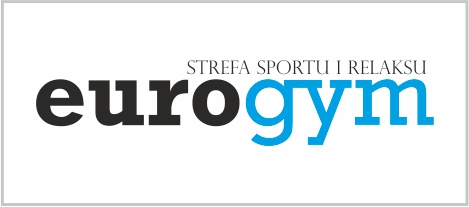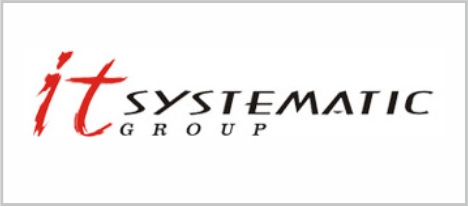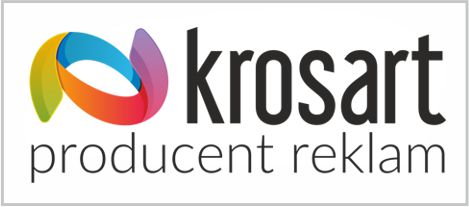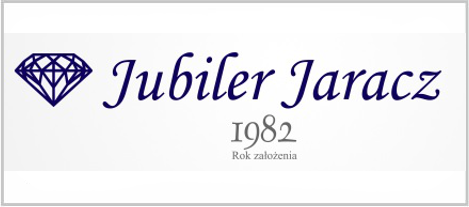Can Artificial Intelligence and Automated Translations Replace Sworn Translators?
In the era of rapid technological advancement, the question increasingly arises: can artificial intelligence (AI) and automated translations replace sworn translators? Automated translation systems such as Google Translate or DeepL are becoming more sophisticated, offering quick and easy-to-use tools for everyday users. However, in the context of sworn translations, which require precision, accuracy, and legal accountability, these technologies have their limitations.
Automated translations rely on algorithms and databases that analyze and convert texts into other languages. While AI can process vast amounts of data and learn from it, it still lacks understanding of cultural context, linguistic subtleties, and specific legal terms. Sworn translators, on the other hand, possess not only linguistic knowledge but also an understanding of legal and cultural context, which is crucial for accurate and reliable translations.
Advantages and Disadvantages of Automated Translations in the Context of Sworn Translations
Automated translations undoubtedly have their advantages. They are fast, cheap, and easily accessible, making them attractive to many users. They can be especially useful in situations where a quick understanding of the general content of a document is needed.
However, in the context of sworn translations, these advantages can quickly become disadvantages. First and foremost, automated translations do not guarantee accuracy, which is critical in sworn translations. Errors in translating legal documents can lead to serious consequences, such as incorrect legal interpretations that can affect the outcome of court cases or administrative procedures.
Additionally, automated translations cannot provide the reliability and legal accountability that sworn translators offer. Sworn translators are responsible for the accuracy of their translations and can be held accountable for errors, which is impossible in the case of impersonal automated translation systems.
What Competencies Will Be Necessary for Sworn Translators in the Future?
Despite the growing role of technology in translations, the role of sworn translators remains consistently important. In the future, sworn translators will need to develop their skills in several key areas to meet the demands of a changing market.
Firstly, sworn translators will need to refine their linguistic and legal competencies to ensure the highest quality of translations. Knowledge of specific legal terms, the ability to understand and interpret legal texts, and an understanding of cultural context will be crucial.
Secondly, sworn translators will need to be proficient in using new technologies. Although automated translations will not replace their work, these tools can be used as support, helping to complete translations faster and more efficiently.
Thirdly, the situation in Poland highlights the importance of adaptability in the face of political and social changes. With the ongoing political and legal reforms, translators must stay updated with new regulations and legal frameworks, which can significantly impact the translation of official documents. This requires continuous education and awareness of the evolving legal landscape.
Finally, sworn translators will need to place a strong emphasis on professional ethics and responsibility. Their work will continue to require high precision and diligence, as well as an awareness of the legal consequences of errors in translation.
In conclusion, while automation and artificial intelligence significantly impact many fields, sworn translations remain an area where human precision, knowledge, and responsibility are irreplaceable. By developing their competencies and adapting to new technologies, sworn translators will continue to play a key role in ensuring the quality and reliability of legal translations.







![Postęp prac na budowie S19 od Iskrzyni do Dukli [ZDJĘCIA Z DRONA] Postęp prac na budowie S19 od Iskrzyni do Dukli [ZDJĘCIA Z DRONA]](https://static2.krosno112.pl/data/articles/sm-16x9-postep-prac-na-budowie-s19-od-iskrzyni-do-dukli-zdjecia-z-drona-1732005728.jpg)
![Tragedia pod Jasłem. Śmiertelne potrącenie kobiety, trwa walka o życie drugiej potrąconej [AKTUALIZACJA: Nie żyją dwie kobiety] Tragedia pod Jasłem. Śmiertelne potrącenie kobiety, trwa walka o życie drugiej potrąconej [AKTUALIZACJA: Nie żyją dwie kobiety]](https://static2.krosno112.pl/data/articles/sm-16x9-tragedia-pod-jaslem-smiertelne-potracenie-kobiety-trwa-walka-o-zycie-drugiej-potraconej-aktualiza-1732208031.jpg)








![Narodowe Święto Niepodległości w Krośnie [ZDJĘCIA] Narodowe Święto Niepodległości w Krośnie [ZDJĘCIA]](https://static2.krosno112.pl/data/articles/sm-16x9-narodowe-swieto-niepodleglosci-w-krosnie-zdjecia-1731342033.jpg)
.jpg)






.jpg)